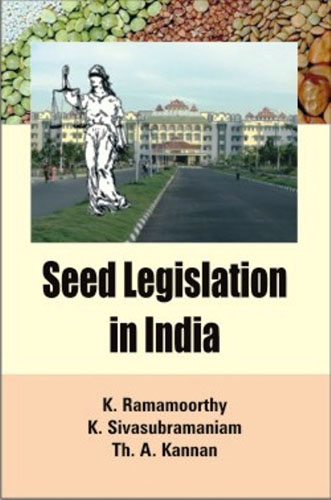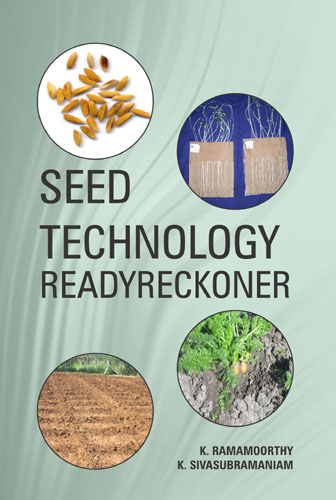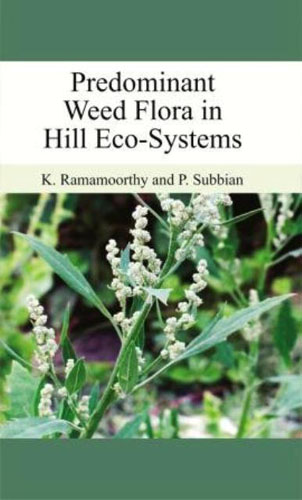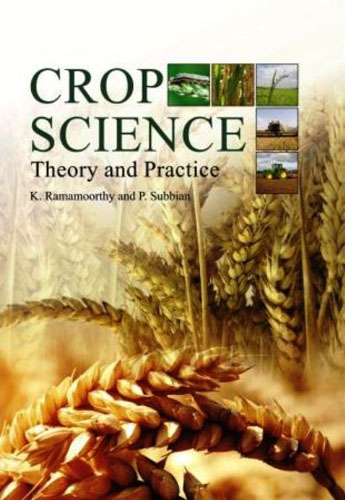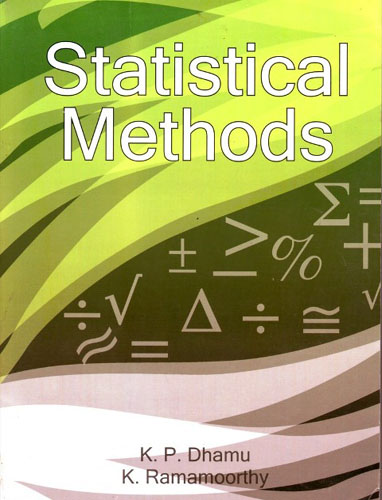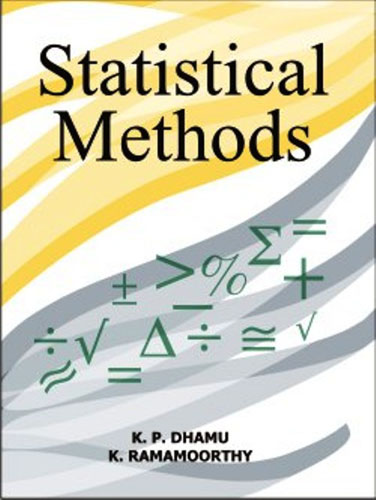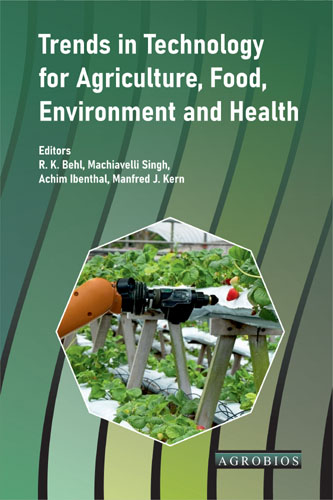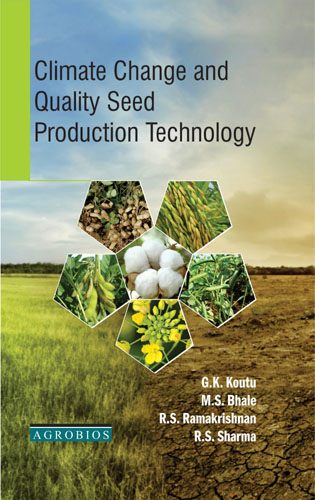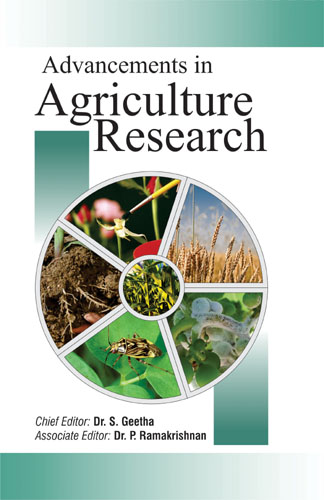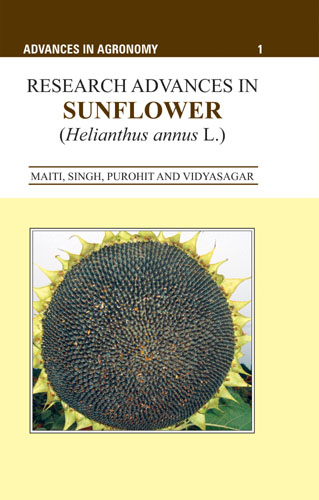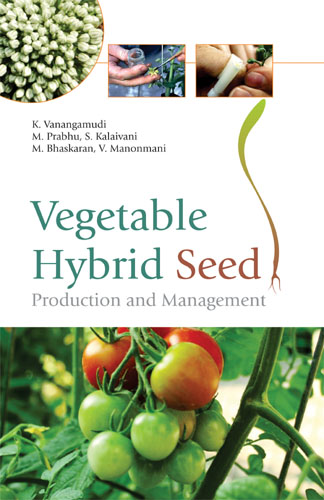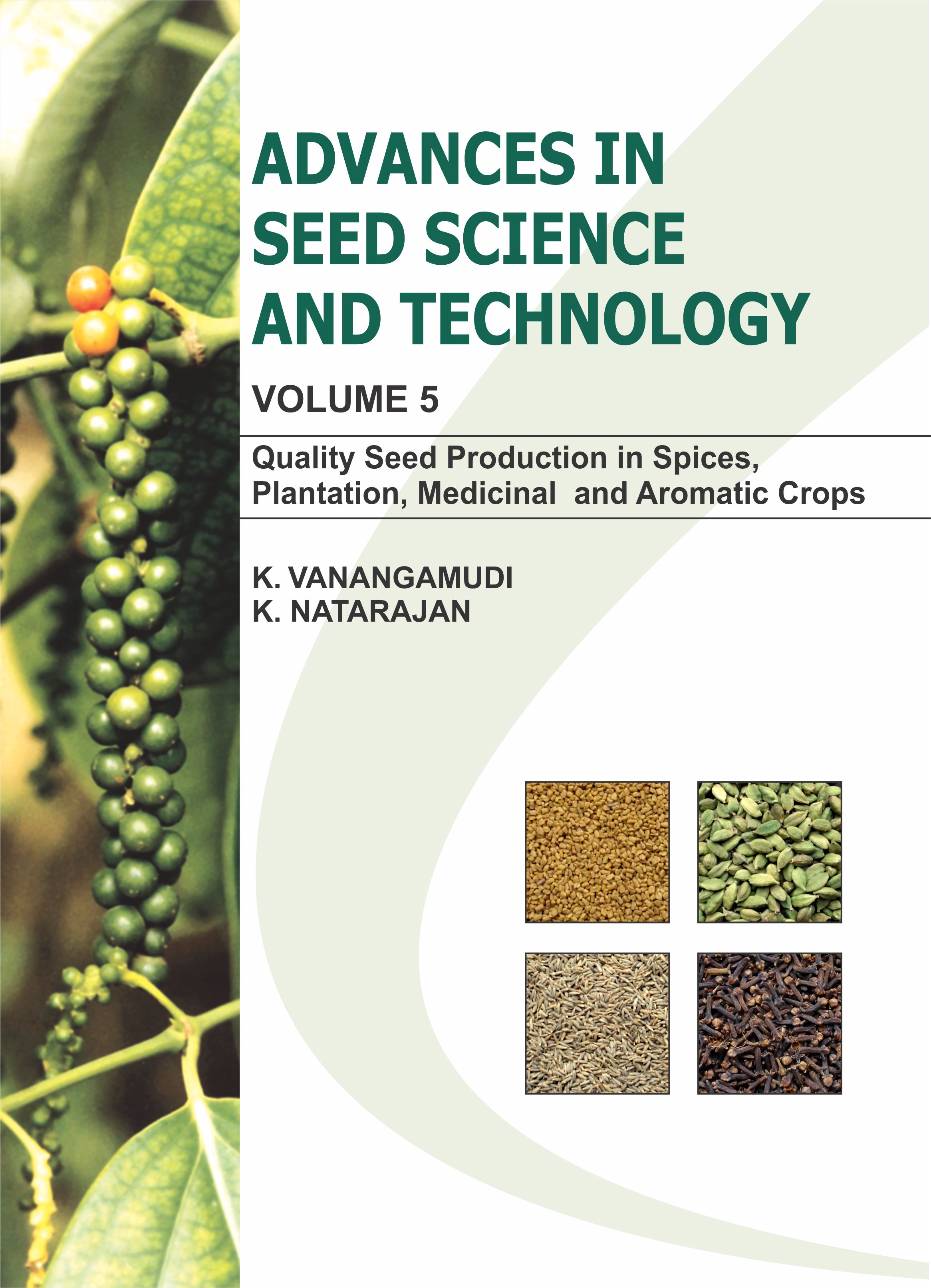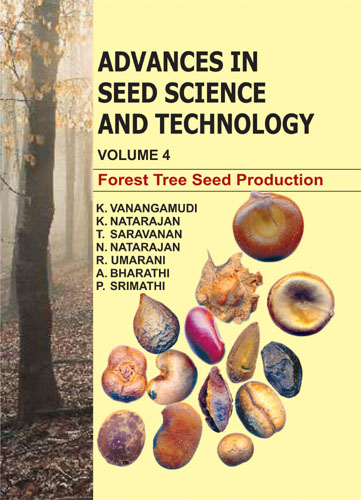Seed Legislations In India
Seed production and distribution involves Judicious effort of the producer and enforcement agency. With 600 million people dependent on agriculture and related activities, the job of the seed producer becomes evermore important for he is the vital link between the lab and the land. Since, most of the farming community is illiterate or semi literate, it the job of the government to frame rules that govern the production and distribution of quality seeds.
Though seed act had been implemented in European countries at the fag end of 18th century, India did have an act to designate seed quality parameters. This void was fulfilled during 1966, when the Seeds Act was formed followed by Seeds Rules, 1968. Both were adopted during 1969 for the whole of India except Sikkim and Kashmir. Over the years, with newer varieties coming into the agricultural scenario, the Seeds (Control) order, 1983 was formed insisting on compulsory licensing of the dealer. This was made ever more stringent, by bringing the seeds under the Essential Commodity Act, 1955.
To help multinational corporations in utilizing the manpower and knowledge base of our country, the Plants, varieties and fruits, import into India, order was passed during 1989 and amended during 1998. Signing of WTO agreement during 1995 paved the way for private sector research and development of varieties. In order to regulate such varieties and to prevent the poor Indian farmer from being exploited by scrupulous multinational corporations, the Protection of Plant Varieties and Farmers Right Act, 2001 was passed. Thanks to the deliberations of Dr. Vanthana Shiva of Navdanya and Dr. Suman Sahai of Gene Campaign, India not only framed rules to protect the intellectual property rights of breeders but also the rights of the farmer, who had bred and maintained the traditional varieties for several generations.
Encouraging domestic research and infrastructure as was done during the first decade of independence, the National Seeds Policy 2002 was formulated to act as a catalyst in sustainable development of agriculture.
We have attempted to bring all the above statutes together to provide a glimpse of the vast legalities involved in seed production and distribution. The case studies provided are quoted as an example only and the authors are not legally bound to corroborate them. This book will be an eye opener to an undergraduate student, a reference to the post graduate and an essential guide to all those who are involved in practicing seed technology. No attempt has been made to distort, deviate or modify the legal paras of the act and rules as they have been extracted from the references provided at the end of this book.
We also caution the readers that veracity of rules are subject to interpretation and the authors deny any responsibility if the rules quoted in the court of law without getting an authenticated copy published by government gazette.
Ramamoorthy K
555
Table of Contents..
- The Seeds Act, 1966
- The Seeds (Amendment) Act, 1972
- The Seeds Rules, 1968
- The Seeds (Amendment) Rules, 1973
- The Seeds (Amendment) Rules, 1974
- The Seeds (Amendment) Rules, 1981
- The Seeds (Control) Order, 1983
- New Policy on Seed Development, 1988
- Plants, Fruits and Seeds (Regulation of Import Into India) Order, 1989
- Plants, Fruits and Seeds (Regulation of Import Into India) (Amendment) Order, 1998
- The Protection of Plant Varieties and Farmers Rights Act, 2001
- The Protection of Plant Varieties and Farmers Rights Rules, 2003
- Seed Brought Under Essential Commodities Act, 1955
- National Seeds Policy, 2002
- The Seeds Bill, 2004
- Code of Criminal Procedure, 1973
- Case Studies
- Appendices
- References
Table of Contents..
16.
17.
18.
19.
Book Details
Book Title:
Seed Legislations In India
Seed Legislations In India
Book Type:
TEXT-CUM-REFERENCES BOOK
TEXT-CUM-REFERENCES BOOK
No Of Pages:
352
352
Color Pages :
0
0
Color Pages :
0
0
Book Size:
DEMY (5.5X8.5)
DEMY (5.5X8.5)
Weight:
530 Gms
530 Gms
Copyright Holder:
All rights Reserved
All rights Reserved
Imprint:
M/s AGROBIOS (INDIA)
M/s AGROBIOS (INDIA)
Readership:
ENTREPRENEURS | PG STUDENTS | SCIENTISTS AND RESEARCHERS |
ENTREPRENEURS | PG STUDENTS | SCIENTISTS AND RESEARCHERS |



